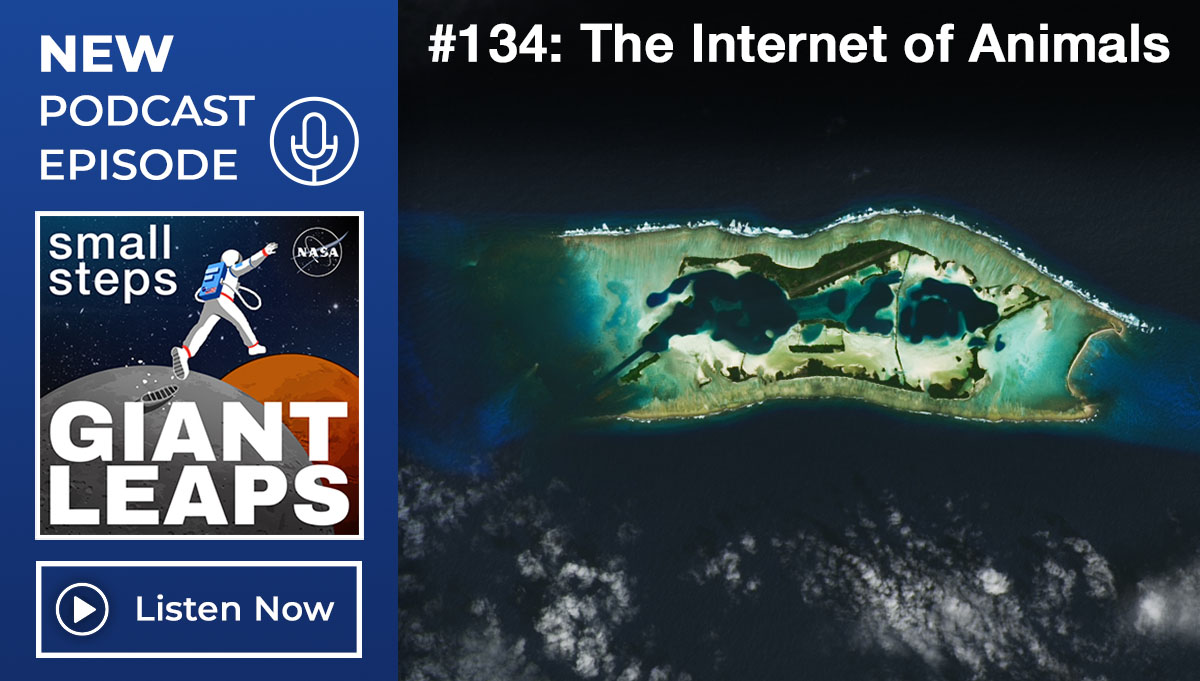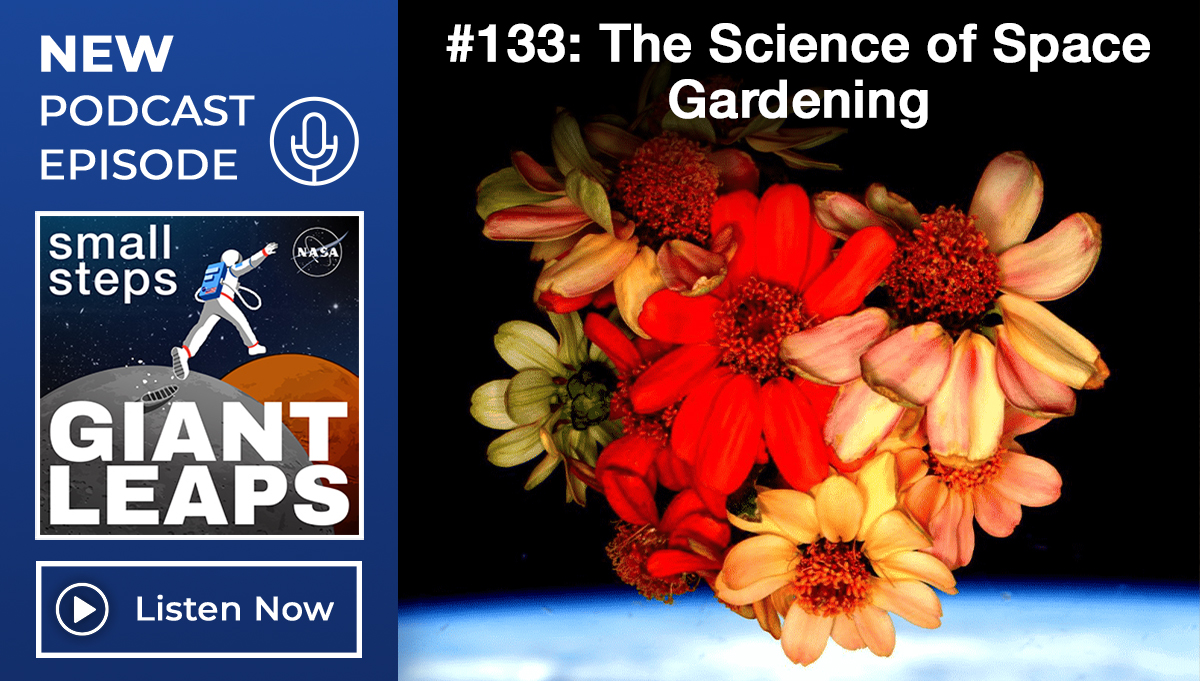I had never thought of myself as a thief, but there I was, peering at stuff that clearly wasn’t mine and quietly slipping it into my “toolbox” for my own personal use. It was broad daylight, and I was in plain view of a least a dozen people. The audacity!
At leas t that’s how it felt to me initially. I have the honor of being on the Academy of Program and Project Leadership (APPL) Knowledge Sharing Feedback and Assessment Team (FAA), and as such, I am privileged to receive the feedback written by many of you as attendees of the Project Management (PM) Master’s Forums. It is the intent of the FAA Team and APPL leadership to use this feedback as a tool for continuous program improvement.
As a retired (sort of) PM in the payload contracting industry, I’m a big supporter of NASA’s Knowledge Sharing Initiative (KSI), especially the Master’s Forums. I really enjoy participating in them. Unfortunately I had to miss the 8th forum in Pasadena this past Spring, but I did get the feedback package for the Assessment Team work. So here I was, reviewing twelve pages of comments, reflections, learning notes and critiques from attendees of the 8th forum.
THE EYEWITNESS ACCOUNTS
The FAA’s mission is to find the positives and negatives in the feedback and compile them for discussion. Shortly into the process of reading the comments, however, my mission changed. I found myself progressing through the feedback, agenda item by agenda item, and actually attending the forum vicariously through the feedback writers! I became engrossed in the content. I felt as though I was blindfolded at a fast-moving sporting event and the play-by-play was being described to me by many others around me.
The feedback was incredibly detailed and well written, complete with application notes, doubts and potential pitfalls. Not surprisingly, I found myself learning rather than reviewing! I was actually taking away knowledge, forming opinions of my own, and developing questions, as though I had been sitting right there! That’s why I initially felt like a thief. Actually I was experiencing remote learning, not only from the original forum presenters, but also from the feedback writers.
CAUGHT RED-HANDED
I myself have “stolen” lessons from various storytellers and practitioners that have participated in APPL’s programs over the years. I took the importance of storytelling as a means of conveying lessons learned—and also ways to implement this tool with a program team—from Annette Simmons’s ASK 18 Special Feature, “Dressing up the Naked Truth.” From Dr. Gary Klein, a keynote speaker at the 7th Master’s Forum, I discovered the use of “pre-mortems” as risk identification tools to help a team communicate effectively with a shared risk management philosophy. I learned ways to spot the predictors of successful program management behavior during the selection interviewing process from ASK feature writer Scott Tibbitts’s article, “Tell Me About Your Lemonade Stand,” which appeared in ASK 18. And these are just a few of the things I’ve taken away with me.
As for the feedback accounts, it’s clear that the 8th forum was a huge success. As I reviewed the agenda topics, then read the presentation slides and the feedback, I found many of the common themes that always surface when Program/Project Managers get together to discuss successes and failures. A few of these common success factors were: effective communication both inside and outside your project team;the fact that “people” management— rather than “technical” management—is the most important factor for overcoming adversity; and the argument that leadership is founded on the principles of interpersonal relationships—including mutual respect, trust, open communication, and the creation of an environment that encourages new ideas and personal growth. And even though these are repeating success factors, there are always new stories, new thoughts, and new shared experiences dealing with their successful application.
But my review of the forum material and feedback also revealed some newer topics as well. This knowledge, too, I snatched up like the proverbial starving squirrel after the world’s last acorn; into my own PM toolbox they went! This included thoughts and concepts such as “the conductor does not make any noise, but gets the best possible music out of the orchestra.” I learned new ideas for motivating teams and individuals and reflected on a debate about intrinsic vs. extrinsic motivation. I also read about the increasing importance of coaching and mentoring with notes for effective implementation of these concepts, the use of Test Readiness Levels (TRL) for managing Software project risk, considerations for establishing pro-active “coyote teams” versus re-active “tiger teams”
and more.
LIKE TAKING CANDY FROM A BABY
This exercise in remote learning has been valuable to me. It has provided many new ideas for me and reinforced existing project management success concepts. It has illustrated to me, and hopefully to you, that we don’t have to be there to learn from it. The available material alone is very useful. Coupled with the excellent feedback from the gracious attendees, it was almost as good as being there!
And the folks at APPL are great at keeping the forum agendas and the presentation packages on their website, which can be accessed according to the forum number and date at /node/19
You may have also noticed that many of the Forum presentations also appear in narrative format in ASK Magazine, available online at www.appl.nasa.gov/ask. That means that this same knowledge, without the editorial comments found in feedback, is available on the APPL website to everyone, whether you attended the forum or not. Anyone can “steal” this knowledge sharing opportunity.
I wasn’t able to attend the 8th forum this past year, but I was able to take part in the knowledge sharing. To those of you who wrote the excellent feedback, I thank you. I’m looking forward to seeing you in San Francisco!
Lessons
- When you are open to it, Knowledge Sharing becomes a tool for life, not a one-day workshop. Never underestimate the lessons you could learn from “communities of practice” composed of your experienced peers.
- Reinventing the wheel isn’t admirable if it’s unnecessary. Don’t be afraid to steal, imitate, revise, and reuse the lessons and best practices of others.
Question
For learning to occur, errors, mistakes, and occasional failures must be accepted. How does one create the conditions that overcome human nature: the fact the “everyone wants to learn, but nobody wants to be wrong?”






